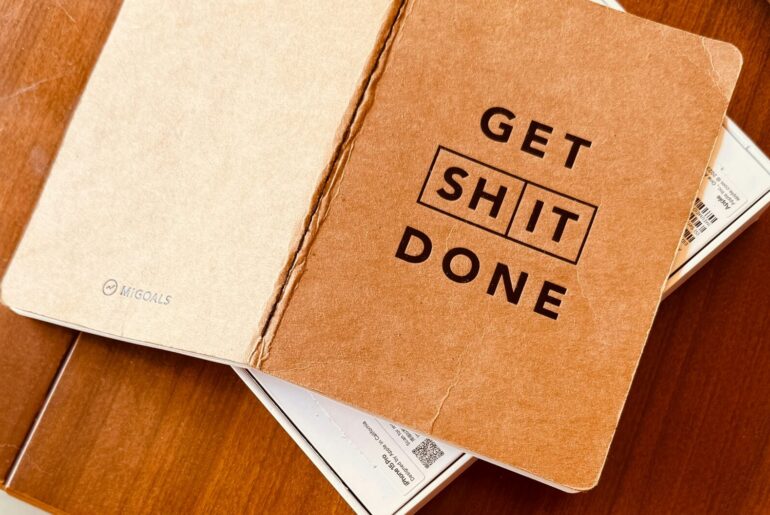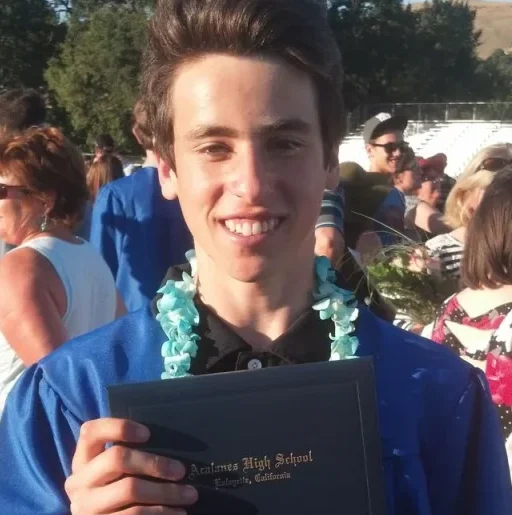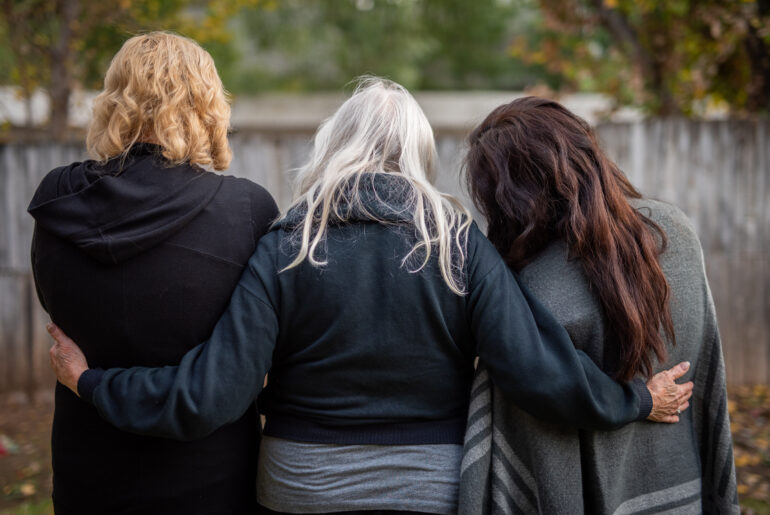We have all heard of cause marketing. You know brands like Tom’s Shoes where you buy one pair and another pair goes to someone in need. Before such a thing even existed there was today’s guest, Joan Hornig. She didn’t believe in “using” kindness to sell something she believes that philanthropy is beautiful. So much so that she left her successful job in corporate finance to make a significant difference in the world and give it all away. She does that through her Foundation and business called Pave the Way. A for profit business that gives one hundred percent of profits to nonprofits.
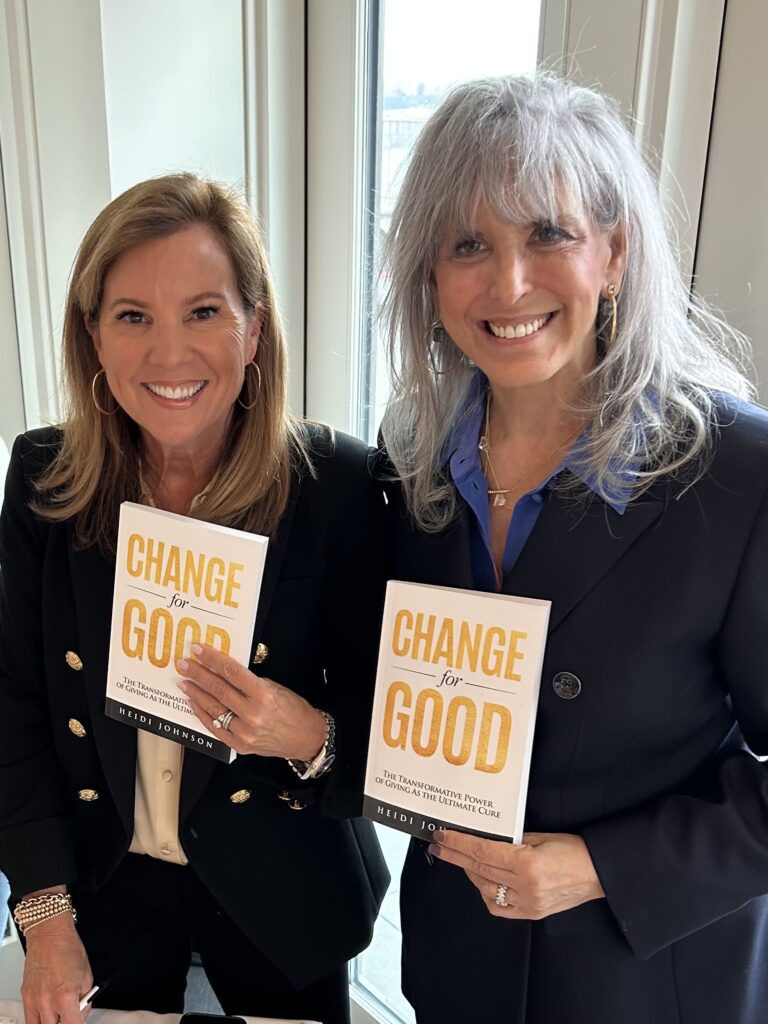
I was lucky to meet Joan in person last week in NYC and give this dynamic human a big hug. She is even more amazing in person! Our conversation was beyond inspiring and to use Joan’s words it was a conversation of consequence. One I am thrilled to share. So please join us and you can hear for yourself why Joan is beyond the real deal and you don’t need to see her but simply hear her heart to know just how special she is.
Here are a few highlights from our conversation:
Charity Matters: Tell us a little about what Pave the Way Foundation and Pave the Way Jewelry does?
Joan Hornig: Pave the Way Jewelry and my foundation are really built on a concept called social enterprise, which I was very instrumental in actually creating almost 25 years ago. The idea behind that was it wasn’t just talk about doing good, what it really was about was making a seismic difference.
I felt that women did a tremendous amount of volunteer work in the world. They devalued their time in part, although it was very valuable, but they didn’t put a dollar price on it. Nothing could be more valuable than a woman’s time and her time spent talking about what she cares about. So I thought when someone would see a piece of jewelry on someone and they complimented that person wearing the jewelry. ” I liked your earrings.” That person could say, “Thank you. Do you know this supports children with autism?” And then the story would unfold that they were essentially advertising with their dollars what their values were, and they were having a conversation of consequence.
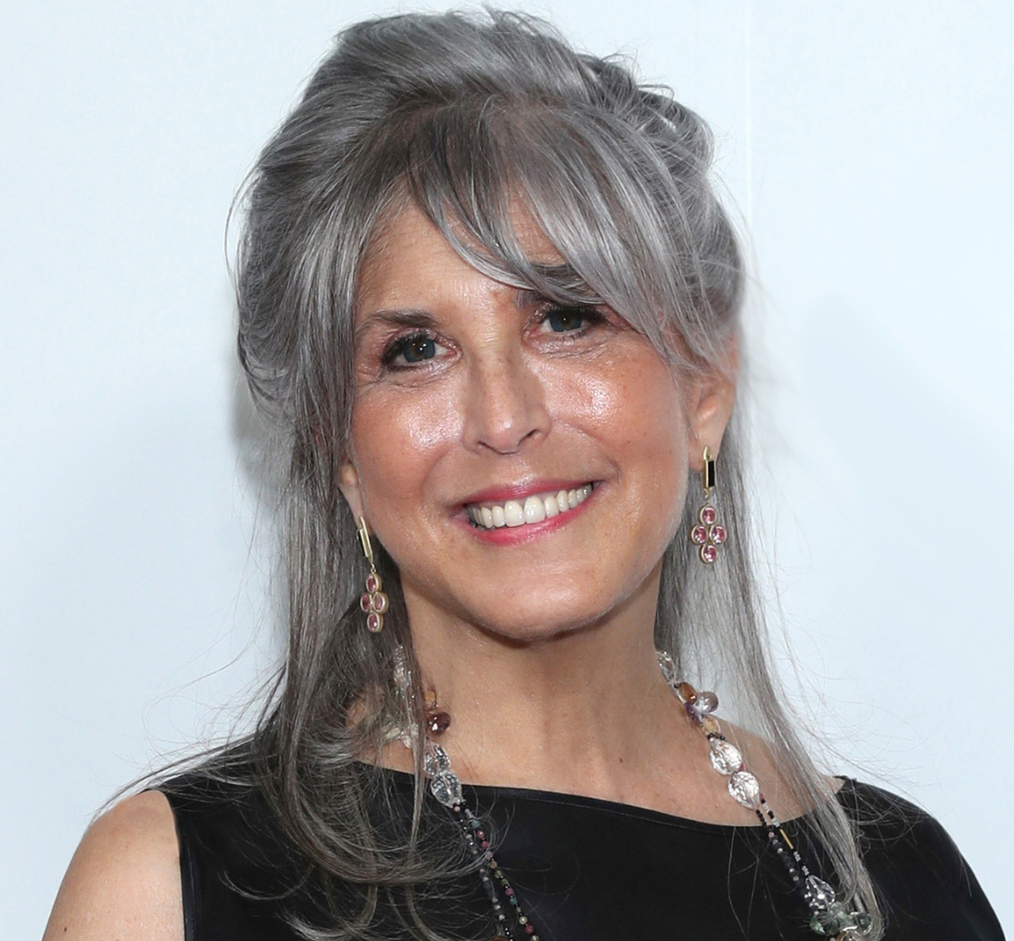
So to call it social enterprise is different. I ask every single person, when she or he makes a purchase or they make a purchase, what charity they want me to donate to in their honor? Then I donate 100% of my profit on that piece sold to the charity of the purchaser’s choice.
I’m empowering them to have a conversation of consequence, to understand that they have money to use, and that when they walk out they are a billboard advertising who they are and who they care about.
Charity Matters: Where did your philanthropy begin?
Joan Hornig: I grew up in a suburb of Cleveland, to parents who didn’t have a tremendous amount of means. There were some hard times, and nonprofits stepped in some time. What my parents taught me was that what you’re worth is not what you have in the bank, but what you’re worth is what you do tomorrow. I never felt less than when the other kids went off to camp. I felt that I could do anything with my time and that I could make a difference.
I spent a lot of time in museums, because my mother said, “You shop with your eyes and you take home as much as you can.” I listen to music. “You you shop with your ears, you take it home.” But when other kids were going to camp, I decided to be a candy striper because we couldn’t go to camp. So I went to downtown Cleveland and I was teaching inner city kids how to read.
One of the kids said to me, “You know, I get food when I come here. We don’t have enough food at home.” And I was 14 years old. And I said, “Really?” So I decided I would put on my candy striper uniform, and I spent months going door to door in neighborhoods, raising money. I was able to raise enough money for 80 families to have a complete Thanksgiving dinner. I think that was the beginning.
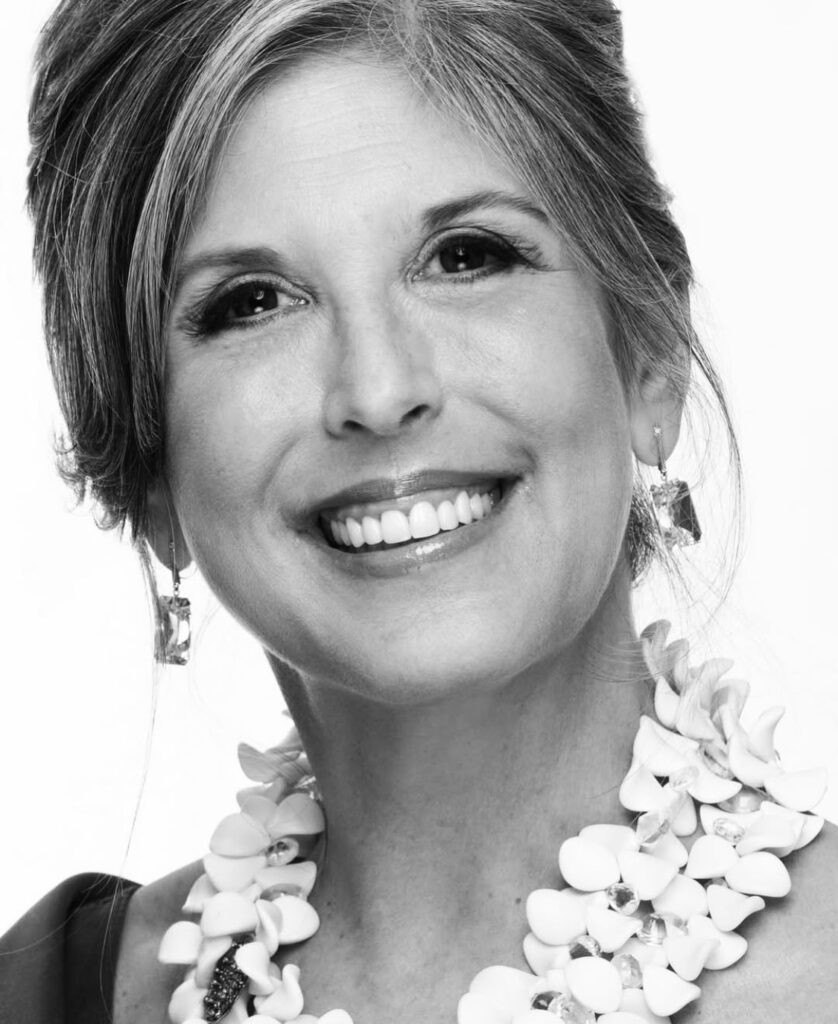
“Charity Matters: What was the moment you knew you needed to act and start Pave the Way?
Joan Hornig: I was 20 years old, I was walking down the aisle getting married. I made two promises to myself. One was that I was going to be George’s wife and be the best I could be. And two, because of the privilege I had through my education and I knew I was going to have a big life, I promised myself that by the time I was 50, I was going to give back everything, 100% so, that is where it really began.
I would say that 911 was an important factor, and that is because I watched from my apartment the Trade Towers go down. I wanted to do something that was one step better than combining Paul Newman with Paul in the wall and Oprah. What I wanted to do was create the jewelry. Pay people fairly, put them to work, grow their business. But say to you when you buy something of mine,” What charity do you want me to donate to in your honor?” And from day one, I have donated 100% of my profit on each piece sold to the charity of the purchaser’s choice.
Charity Matters: What are your biggest challenges?
Joan Hornig: I think that one of the biggest challenges was actually getting people to take me seriously. If you are doing anything associated with what is traditionally a man’s job people take you seriously. When you switch to something that might be fashion or jewelry, they think that what you’re doing isn’t necessarily important.
This it’s not just about selling the jewelry. I have to design it. I have to make it. It’s not vertically integrated, right? To check it, I have to hire people, right? We have to do the accounting, we have to do the bookkeeping. And from day one, I decided that every single charity that I would donate to would be located in a place where other people could learn about it. So if you go to my site right click on all the different charities that I’ve given to local and national there are over 1000 and where you can leave my site and learn about those charities. So the challenge was people would say to me,” You’re not busy anymore.” I’d say I’m busier than I ever was. I’m working seven days a week. I said, “You’re not understanding.” So that was actually a challenge.
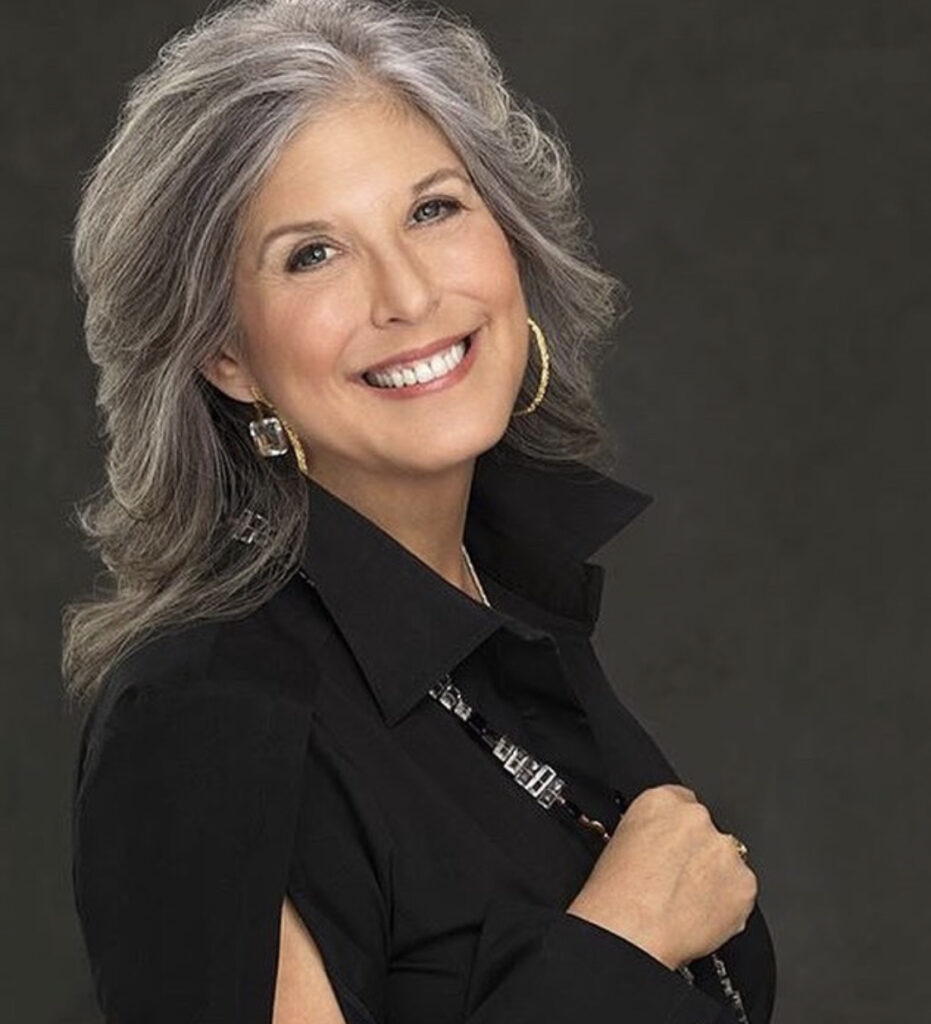
Charity Matters: What fuels you to keep doing this work?
Joan Hornig: Those moments really are the people I meet in the nonprofit sector. Those are the people. What they do is so extraordinary. It fuels me when I get invited into a food pantry and I see people who do service are so extraordinary. I don’t hold a candle to them and they are the people who are so inspiring. They’re all over the world. I know what they’re doing, and I know that it’s harder than what most people do.
Charity Matters: Tell us what success you have had and what your impact has been?
Joan Hornig: I measure impact several ways. One is if somebody hears the story of what I do and they tell somebody else, that’s impact. All of a sudden, we started a conversation of consequence. I measure it when people say I’m going to give 5% or 10% on the business. Everyone cannot afford to give 100% right? I’ve had an education and a great life but I don’t diminish any or anything anybody gives.
I do speaking tours sometimes, I was in Nashville, and a gentleman had sold his company. He was starting another one, and he decided he was going to follow my model, that’s impact. That’s a huge impact. The impact is if someone who listens to this says, “I can do something.” Impact is defined in a context that matters, that is only relevant to what someone can do. When we have a community of people who use their muscle memory of giving and caring to pay it forward and inspire others. That’s impact.
Charity Matters: If you could dream any dream for your organization, what would that be?
Joan Hornig: My dream has always been to collaborate. I like the idea of licensing fees that go to charity. I would love a fragrance company to come to me to collaborate to create a perfume. Can you imagine having something that’s called philanthropy lingers?
Most of all, what I want is institutions, retailers and everyone who sells my jewelry to understand that they should take the time to ask what their customers care about. Not tell them to care about something. That’s my dream. It is really about asking, because we learn a lot from other people when we listen.
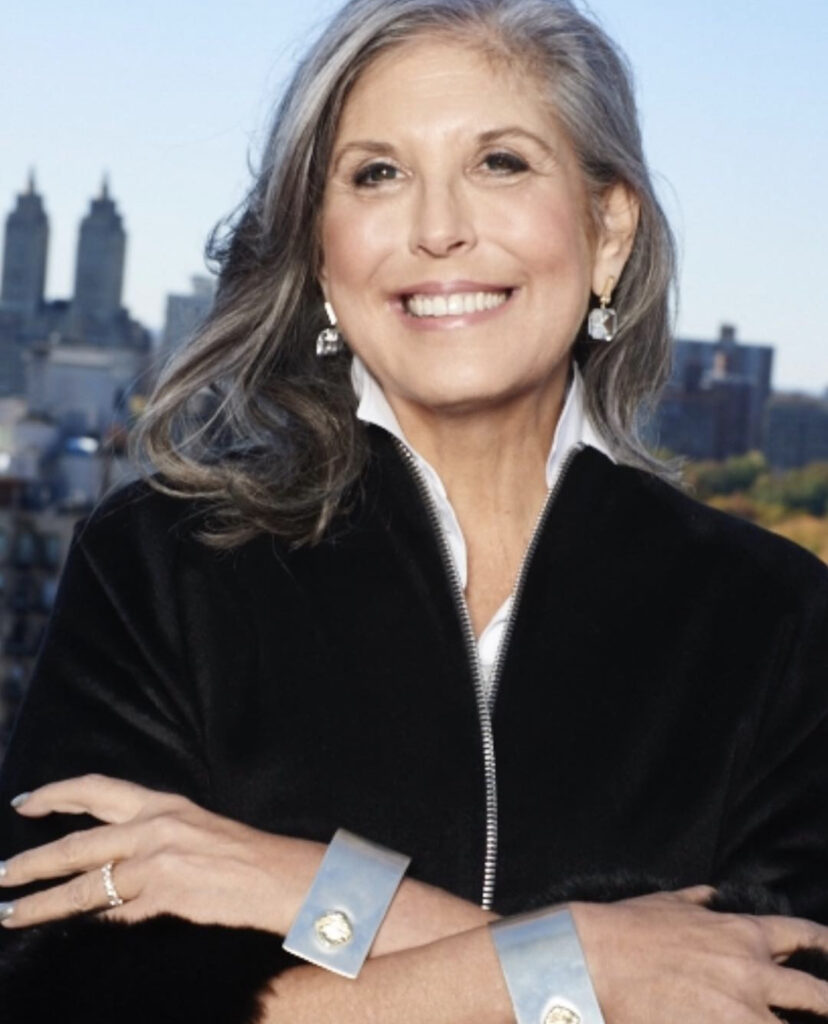
Charity Matters: What life lessons have you learned from this experience?
Joan Hornig: I learned that everyone is interesting and worth my time. That your time is more valuable to you than my time is to you, and that I have to use it wisely. Actually, I feel we’re on the same team. If I respect what you care about and respect your efforts, we’re on the same team. You can feel it.
Charity Matters: How has this journey changed you?
Joan Hornig: I think that I am a more confident person because I’ve taken risks. I think that one of the things that I’ve learned is if something doesn’t work out, I can handle that risk of disappointment. The way I make promises to myself and keep them, like the way I did when I was 20, and I walked the aisle and made those two promises. I keep all the things that I made that weren’t right, that didn’t work out. Then I go back to them a number of years later, and I learned that I can fix it. So I learned that sometimes you acquire knowledge without even knowing it.
What I want everyone to do is find themselves in a situation where they give one extra thing to someone that they don’t expect to give something to. That would be the way to find me in spirit this holiday season. I love to do one thing that takes a little extra effort that helps someone else.
I really want people to understand how blessed we are. So many people can benefit, especially people we don’t know. They’re not obligated, except to hopefully pay it forward in the future when they’re on their feet. So I believe in a hand up, not a handout.
CHARITY MATTERS.
YOUR REFERRAL IS THE GREATEST COMPLIMENT, IF YOU ARE SO MOVED OR INSPIRED, WE WOULD LOVE YOU TO SHARE AND INSPIRE ANOTHER. If you enjoyed today’s episode, please connect with us:
- www.Charity-Matters.com
- On IG @Charitymatters
- Post a screenshot & key takeaway on your IG story and tag me @heidijohnsonoffical and @Charitymatters so we can repost you.
- Leave a positive review on Apple Podcasts
- Subscribe to new episodes each week!
Copyright © 2024 Charity Matters. This article may not be reproduced without explicit written permission; if you are not reading this in your newsreader, the site you are viewing is illegally infringing our copyright. We would be grateful if you contact us.



